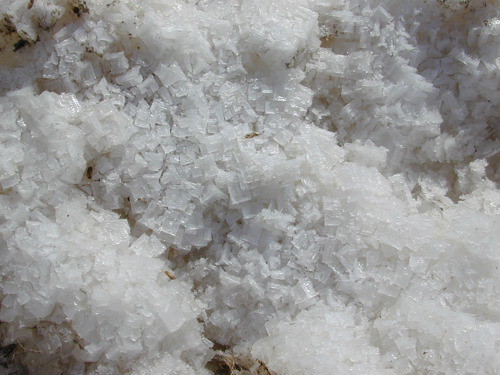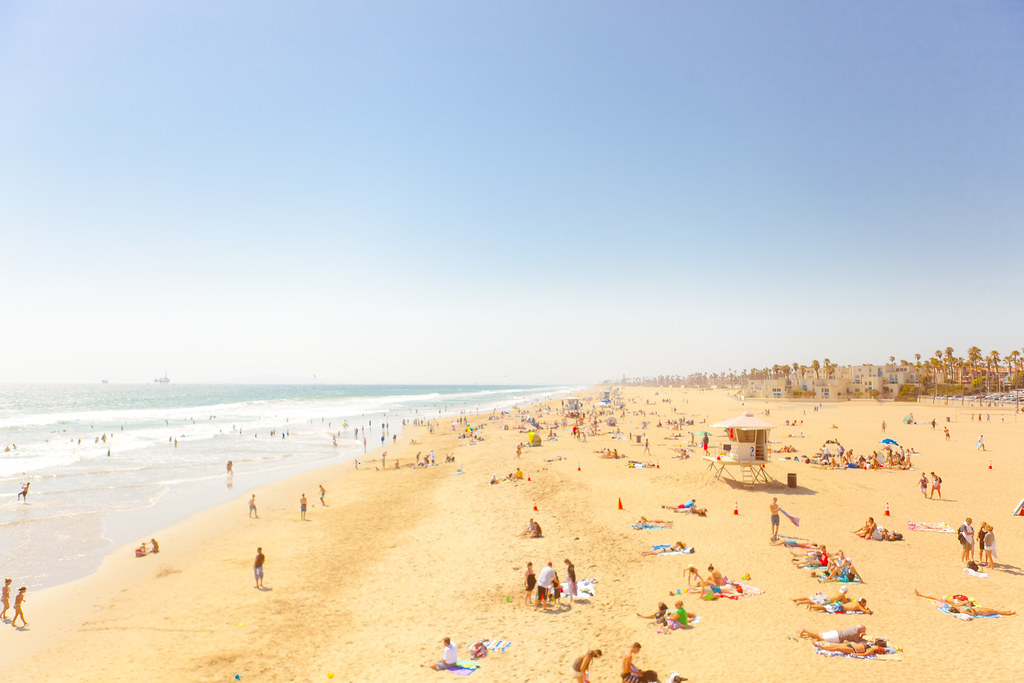I live in Hermosa Beach, CA so I’ve spent enough time living near the beach to know that saltwater isn’t just something you rinse off after a swim, it messes with your car too. If you live in a coastal area like I do, you’ve probably noticed how everything from your brakes to your paint takes a beating. What a lot of folks overlook, though, is how much that salt exposure affects your tires and wheels.

Not all all-season tires are built to handle the salty air and wet winter roads that come with coastal living. So if you’re parking near the ocean or driving through salty puddles in the winter, here’s what I’ve learned about finding the best all-season tires that can actually stand up to corrosion and keep your car riding smoothly.
Why Salt Exposure Matters
Even though tires are mostly rubber, they have steel belts, sidewall reinforcements, and embedded materials that are vulnerable to corrosion over time—especially in salt-heavy environments. Road salt (used for winter ice) and ocean mist can accelerate deterioration, especially around the tire bead and wheel assembly.

That’s why I always look for tires that have excellent sealing, reinforced inner liners, and ideally, protective coatings that help prevent oxidation.
What to Look For in Salt-Resistant All-Season Tires
Here are a few specific features I look for when shopping tires for coastal conditions:
- Sealed Bead Construction: Keeps salty water from sneaking in between tire and wheel.
- Corrosion-Resistant Steel Belts: Some brands use special zinc coatings or alloy belts to prevent rust from forming inside the rubber.
- Excellent Sidewall Sealing: Prevents buildup near the rim that can lead to long-term leaks.
- Tire Warranty in Coastal Areas: Some warranties are voided if corrosion is involved—always double-check the fine print.

Now let’s get into the best all-season tires I’ve tested or researched that hold up well near the coast.
Best All‑Season Tires for Coastal Saltwater Exposure
1. Michelin Defender LTX M/S
Pros:
- Long tread life
- Advanced Evertread compound resists breakdown in salty, wet conditions
- Quiet and comfortable on highways
Cons:
- On the pricier side
- Not ideal for deep snow
This tire is tough. I’ve seen it last well over 60,000 miles even with regular beach trips and salt air exposure. It’s a great choice if you want a long-lasting tire that also holds its seal well.
2. Continental TrueContact Tour
Pros:
- EcoPlus technology minimizes wear and improves corrosion resistance
- Great wet traction
- One of the best in terms of ride comfort
Cons:
- Soft sidewalls may not handle potholes as well
- Slightly less snow grip than others
These are the tires I personally used when I lived walking distance from the Pacific. Despite being parked near the salt-heavy breeze every night, I never had rim leaks or edge breakdown.
3. Goodyear Assurance WeatherReady
Pros:
- All-weather design handles coastal rain and light winter use
- Seals well and performs great in wet conditions
- Carries the three-peak mountain snowflake rating
Cons:
- Slight road noise at higher speeds
- Can wear quicker with aggressive driving
This one is a solid all-around option for those coastal cities that still get the occasional icy day or winter storm.
4. General Altimax RT43
Pros:
- Excellent value for the price
- Twin cushion silica tread enhances grip and durability
- Solid corrosion and impact resistance
Cons:
- Not meant for aggressive driving
- Tread life can be shorter under heavy loads
A great budget pick if you want decent corrosion resistance without spending over $150 per tire. Plus, these tend to seal well around rims with minimal air loss.
5. Falken Ziex ZE960 A/S
Pros:
- Great balance of wet traction and ride quality
- Internal construction handles coastal moisture well
- Performance-minded tread design
Cons:
- Slightly less tread life than touring tires
- May not be ideal for snow-heavy regions
Falkens often fly under the radar, but I’ve had a great experience with this model, especially near the coast. It’s perfect for someone who does spirited driving but still wants year-round dependability.
Comparison Table

| Tire Model | Salt Resistance | Tread Life | Price Range | Best For |
|---|---|---|---|---|
| Michelin Defender LTX M/S | Excellent | 70,000+ mi | $$$$ | Long-term coastal durability |
| Continental TrueContact Tour | Very Good | 65,000+ mi | $$$ | Quiet, eco-friendly driving |
| Goodyear Assurance WR | Good | 60,000+ mi | $$$ | Wet roads & occasional snow |
| General Altimax RT43 | Moderate | 55,000+ mi | $$ | Budget-friendly coastal use |
| Falken Ziex ZE960 A/S | Good | 50,000+ mi | $$ | Sporty coastal drivers |
You Might Also Be Interested In:
- Best Tires for Wet and Dry Conditions
- Best Tires with Rim Protection
- Best Quiet Tires for Highway Driving
FAQs
Q: Will salt exposure void my tire warranty?
A: Some warranties exclude damage from corrosion or environmental conditions. It’s always smart to read the fine print before buying.
Q: How can I protect my tires and wheels from salt?
A: Rinse them regularly—especially after beach drives or icy roads. I also use a spray-on wheel protectant a couple of times a year.
Q: Should I use all-season or dedicated winter tires in coastal cities?
A: If you’re in a place like Los Angeles or San Diego, all-season tires with good wet traction and corrosion protection are usually enough. If you’re further north where snow is more consistent, winter tires are still your best bet.
If you’re by the coast like me, don’t just think about salt on your paint or undercarriage. Your tires are exposed just as much, and the right set can make a big difference in longevity, safety, and peace of mind.
Let’s Talk Cars
Have a question? A suggestion? Just want to say hi?
You’re in the right place.
Use the form below to reach out to the AutoSpecs Daily team. We're happy to hear from readers, car lovers, first-time buyers, and anyone who's got something to share.
What can you contact us about?
- Feedback on one of our articles
- Ideas for new topics you'd like us to cover
- Questions about cars, gear, or general auto advice
- Media, partnership, or brand inquiries
- Anything else that's on your mind
We check every message that comes through and do our best to respond within 2 to 3 business days.
We don’t list an email address here to avoid spam, but the contact form is the best and fastest way to reach us.
Thanks for stopping by. We're glad you're here.

